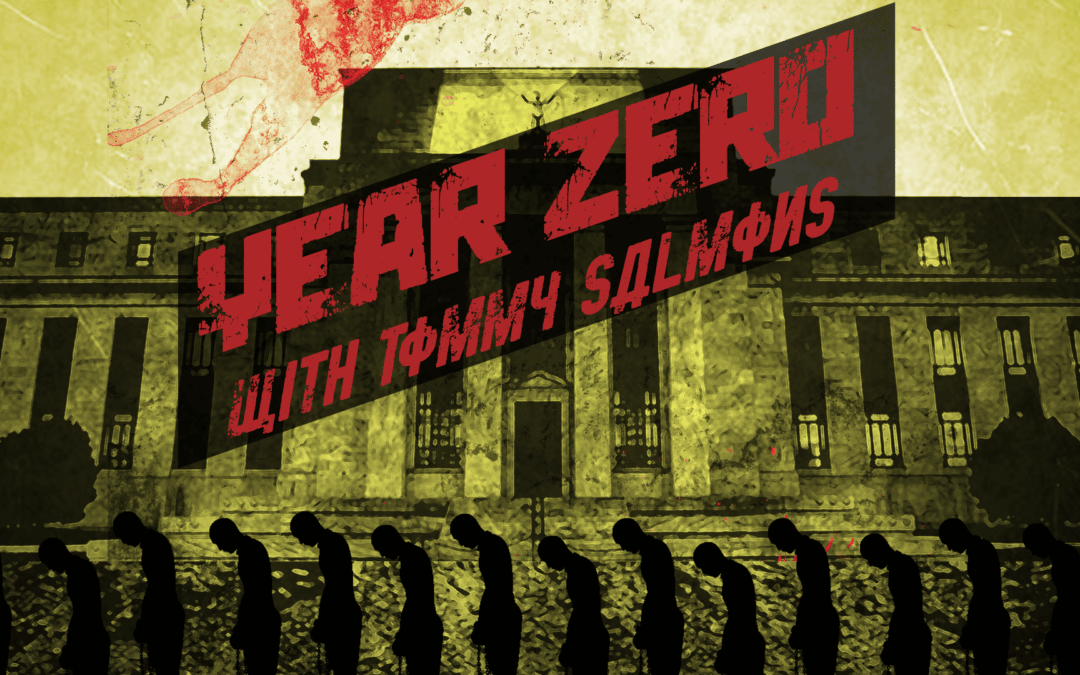In this episode, we dive into Donald Trump’s latest remarks on the future of Gaza, his stance on Palestinian displacement, and his renewed “maximum pressure” strategy on Iran. Trump claims the U.S. will “cleanse Gaza” and might even “own it,” while Hamas outright rejects his vision. We also explore Trump’s meeting with Israeli Prime Minister Benjamin Netanyahu, where he watched raw footage of the October 7 attacks.
Plus, we break down Trump’s latest statements on Iran, his push to reinstate harsh sanctions, and his claim that reports of U.S.-Israeli plans to strike Iran are “greatly exaggerated.” What does this mean for Middle East policy under Trump? Tune in for these crucial developments.



![4K] Kirishima took 20x 16-inch & 17x 5-inch hits from USS Washington (BB-56) before sinking off Savo Island, Nov 15, 1942. Ranges of 18.5k down to 8.4k yards. Flooding of the magazines prevented detonation. #BB56 had ability to penetrate both sides of Kirishima’s armor belts at the lower ranges. http://www.navweaps.com/index_lundgren/Kirishima_Damage_Analysis.pdf](https://pbs.twimg.com/media/FqGvh28XgAAUNig?format=jpg&name=small)










